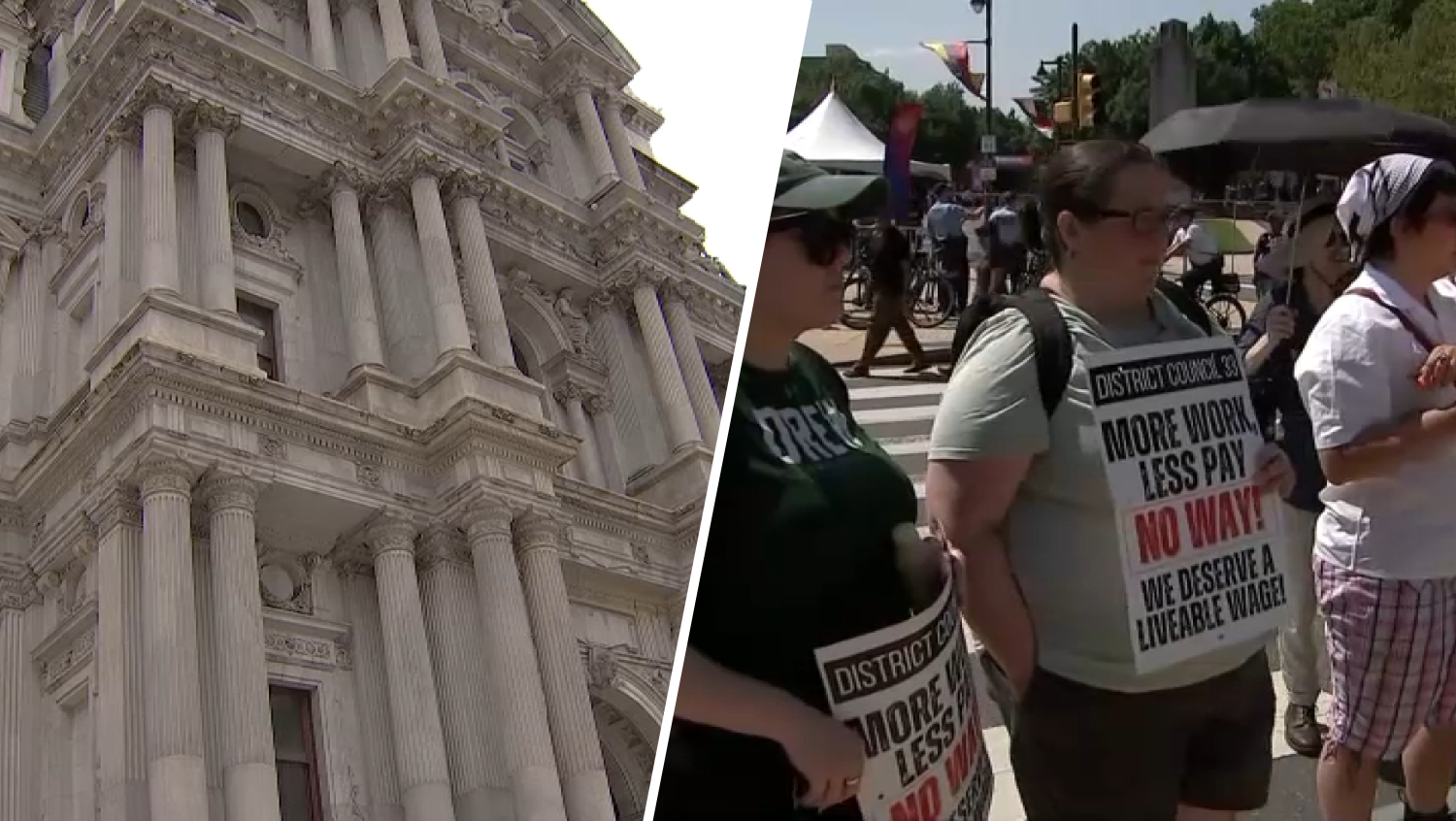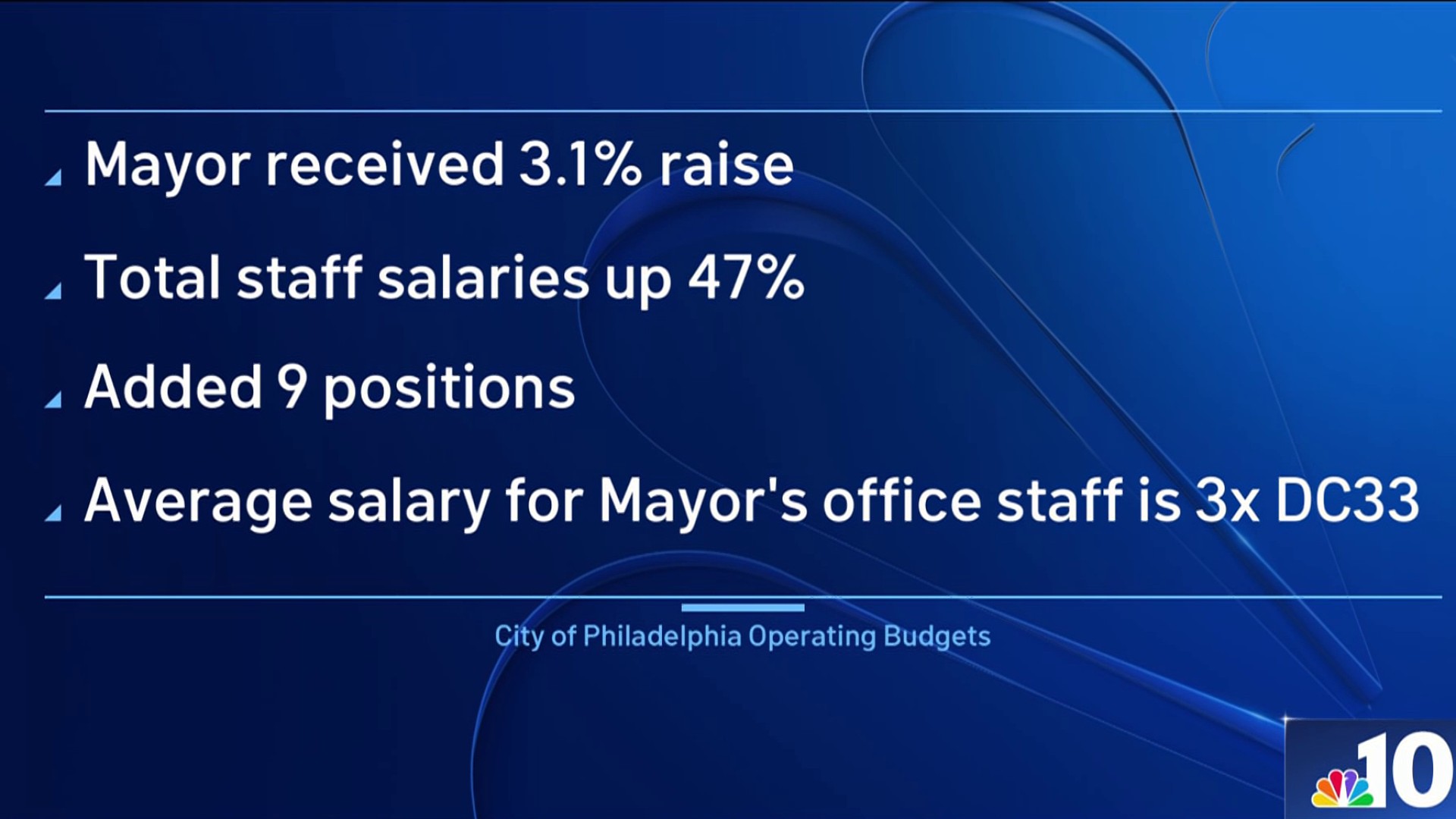It’s been more than three years since Naasire Johnson’s murder and his family still visits his grave regularly.
On Feb. 17, 2022, Johnson, 20, left his home in West Philadelphia and went to a residence on the 2900 block of W. Oxford Street where he met with Kylen Pratt, a man whom he had been in a romantic relationship with. Pratt then pulled out a gun and shot Johnson in the neck, killing him.
Stream Philadelphia News for free, 24/7, wherever you are with NBC10.
Pratt then took Johnson’s body and traveled to a remote area in Philadelphia’s Fairmount Park, according to prosecutors. Prosecutors said he then wrapped Johnson’s body in cloth, plastic and duct tape and set it on fire.
After Johnson’s remains were discovered, an investigation was launched, leading to Pratt being identified as the murder suspect.
Wawa Welcome America newsletter: your guide to 16 days of free events celebrating freedom and liberty.
Pratt was then arrested in June of 2022. In September of 2024, he was convicted of first-degree murder, possessing an instrument of crime, abuse of a corpse and tampering with evidence. He was then sentenced to life in prison without parole.
However, one offense Pratt was never charged with or convicted of was a hate crime, despite a prosecutor describing the murder as one.
“This is an individual who was killed because he was gay,” Philadelphia Assistant District Attorney Cydney Pope said. “And because the man who killed him did not want anyone to find out that he was in a relationship with him.”
Investigations
Philadelphia currently has a hate crime law that includes sexual orientation, gender, gender equality and disability. City council passed the law following an incident in 2014 in which a group of young suburban adults beat up a gay couple while yelling homophobic slurs.
The hate crime law is a summary offense, a minor charge equivalent to disorderly conduct or some traffic violations with a punishment of up to 90 days in jail and up to a $2,000 fine.
The law is the most the city of Philadelphia can do on its own as misdemeanor and felony laws must be passed at the state level.
Johnson’s cousin, Hakim Pitts, wishes Philadelphia District Attorney Larry Krasner would have charged Pratt with the city hate crime law.
“To not have that be named, it erases a huge aspect of who my cousin was and who he was proudly,” Pitts said.
Krasner said there could be a variety of reasons Pratt was not charged under the Philadelphia law.
“It may well be that it was just viewed as not a significant enough hammer to introduce any other issues into the case,” Krasner said. “I’m sure that we would have felt very differently if we had available a felony-level hate crime.”
Krasner told NBC10 the only way to get up to the felony level is a state law. Pennsylvania is one of 16 states in the country that does not have protections for the LGBTQ+ community in its hate crime laws.
“City ordinances have a status that, in general, is not nearly as strong as state law,” Krasner said.
Pennsylvania’s version of a hate crime law is called the Ethnic Intimidation Law. It adds further penalties to crimes done with “malicious intent toward the race, color, religion or national origin of another individual or group of individuals.” It does not list sexual orientation or gender identity.
Some Pennsylvania legislators, including Senate Minority Leader Jay Costa (D-Allegheny), have tried to change that.
“Making certain that we recognize that hate crimes have a broad spectrum of folks who are impacted,” Sen. Costa said.
The most recent attempt in 2023 passed the Democrat-controlled House. The bill then got stuck in the Republican-led Senate Judiciary Committee, headed by Senator Lisa Baker (R-20th District). NBC10 reached out to both Sen. Baker and Senate Majority Leader Joe Pittman (R-41st District) for comment. We have not yet heard back from them. Instead, Kate Flessner, a spokesperson for the Senate Republican Caucus, sent us a statement.
“Federal, state, and local protections already exist to prevent discrimination on the basis of gender identity or expression,” she wrote. “We continue to focus on the advancement of policies and legislation to strengthen community safety for all Pennsylvanians.”
NBC10 then asked for the specific state statute that Flessner referenced. We have not yet received a response.
Since 2022, Philadelphia officers have made 31 arrests for hate crimes with bias towards members of the LGBTQ+ community, according to police data. It’s unclear how many of those arrests resulted in charges. The Philadelphia District Attorney’s Office said they don’t track those numbers. Pitts, meanwhile, told NBC10 both Philadelphia and Pennsylvania need to act for the LGBTQ+ community’s protection.
“It is incumbent upon legislators, individuals, to also deal with the unnamed and internalized, because it’s homophobia, that’s what it is,” Pitts said.
Sen. Costa and other Democrats said they plan to reintroduce the hate crime bill this session.



